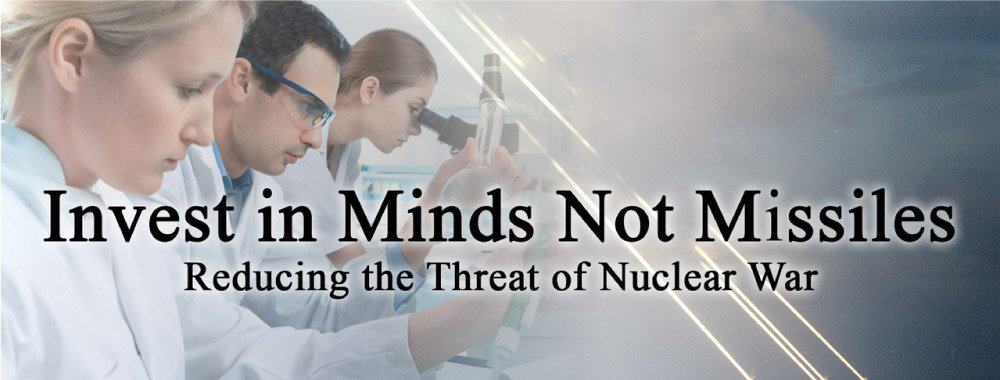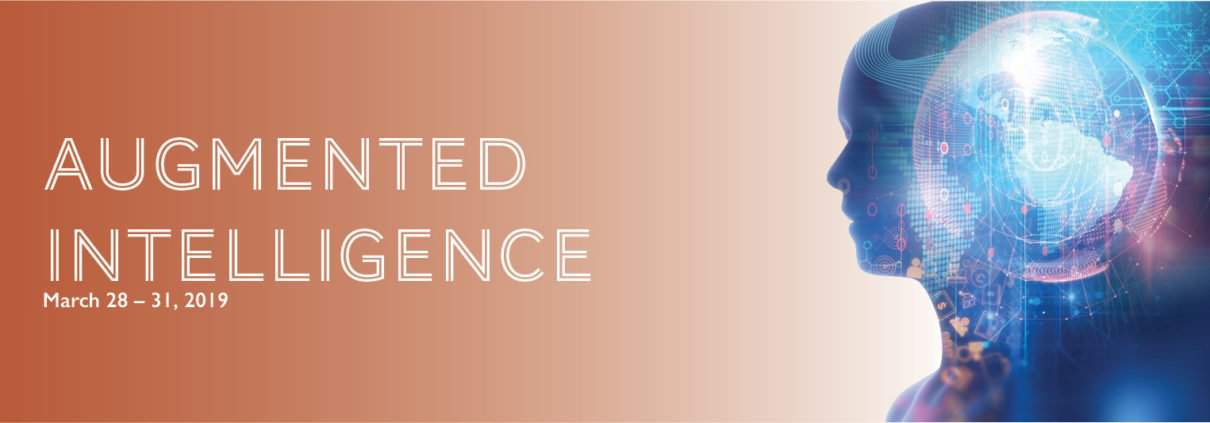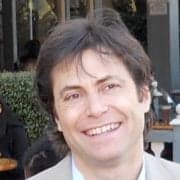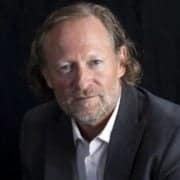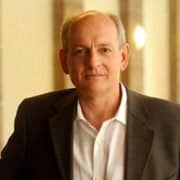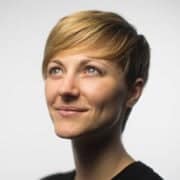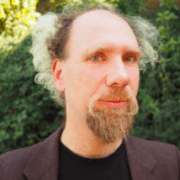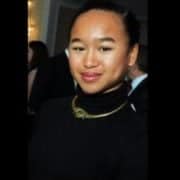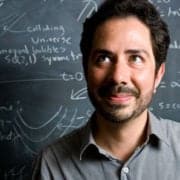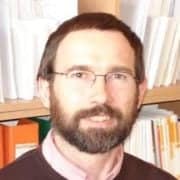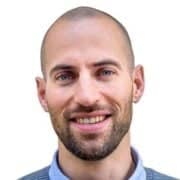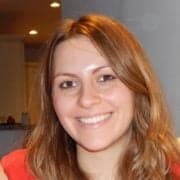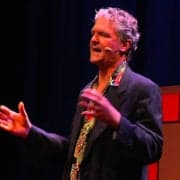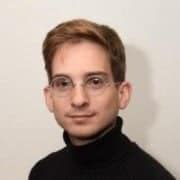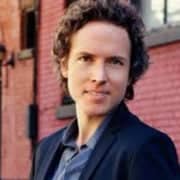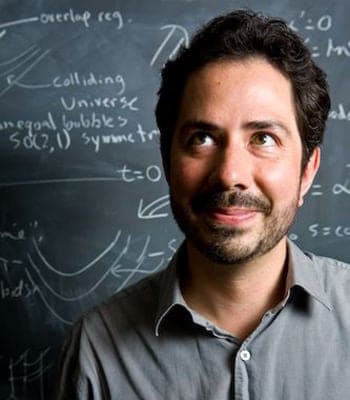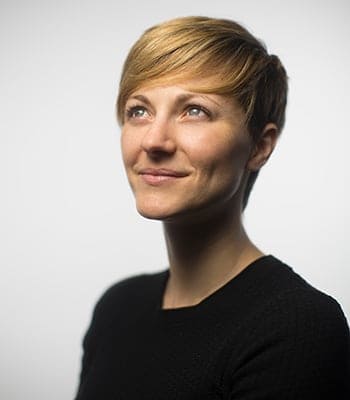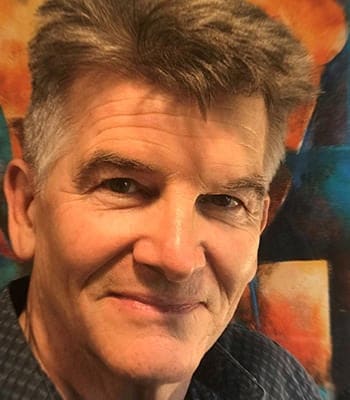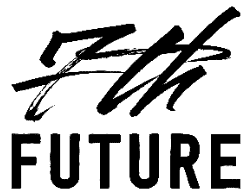Augmented Intelligence Summit

Contents
Today many of the concepts, consequences, and possibilities involved in a future with advanced AI feel distant, uncertain, and abstract. No one has all the answers about how to ensure that powerful AI in the future is beneficial, either in terms of technical implementation or in terms of transference to the domains of law, regulations and policy, industry best practices, or society at large. There are a number of organizations and initiatives that are working on the issues of AI safety, ethics, and governance.
Joining these efforts with a distinct role that bridges academia and industry, the Augmented Intelligence Summit offers a unique, inter-disciplinary approach to learning and creating solutions in this space. We ask: is it possible to develop a collective, concrete, realistic vision of a positive AI future that can inform policy, the development of the industry, and academic research, and can it be done inclusively? Our hypothesis is that this is indeed possible, and we have designed an experiment to test it.
The Summit will provide the tools and framework for a multi-disciplinary group of policy, research, and business leaders to imagine and interact with a simulated model of a positive future for our global society and its major interconnected systems – the economy, education, work, and political structures – through the lens of advanced AI. AIS utilizes a range of collaborative design tools and immersive exercises, including:
- Scenario simulation, war-game style
- World building and collaborative strategic planning exercises
- Presentations on models of economic, social and complex systems to inform our work
The Summit’s high-level goals are about increasing systems-literacy and improving long-term thinking and decision making, which we see as critical skills for navigating the future of advanced AI and its impact on society. In addition to presentations on the state of AI and its trajectory, immersive exercises at the Summit relate to a fictional future world with advanced AI that is both plausible and aspirational. By mentally committing to a specific version of the future, our creativity, our ability to identify important variables, and our overall problem-solving capacity can be enhanced to help us better imagine the societal challenges, opportunities, and needs that will face us and the planning that must be done.
Featured Speakers
Max Tegmark
MIT | FLI
David Krakauer
Santa Fe Institute
Allison Duettmann
Foresight Institute
Stuart Russell
UC Berkeley | CHAI
Gaia Dempsey
7th Future
Peter Eckersley
Partnership on AI
Marie-Therese Png
Oxford | DeepMind
Anthony Aguirre
UC Santa Cruz | FLI | FXQi
Marc Fleurbaey
Princeton
Ariel Conn
FLI
Michael Page
OpenAI
Meia Chita-Tegmark
Tufts | FLI
David Haussler
UC Santa Cruz | QB3
Shahar Avin
CSER
Special performance by
Tim Fain
Bios for the speakers can be found here.
Agenda
Thursday, March 28th
Performance | Tim Fain
Tim Fain is an American violinist, best known for his performances in the movies 12 Years a Slave and Black Swan and for his work with renowned composer Philip Glass.
Opening Keynote: Modeling, Simulation & Changing the Rules of the Game | Gaia Dempsey
Gaia Dempsey is an entrepreneur and pioneer in the field of augmented reality (AR). She is the founder and CEO of 7th Future, a consultancy that partners and co-invests with technology leaders and communities to build and launch global-impact innovation models.
World Building Breakout: “A Day in the Life” Exercise
Small groups imagine a day in the life of a character they co-create that lives on a plausible, aspirational version of Earth in 2045, which we’ve named Planet 7. The goal of the exercise is to encourage participants to place themselves within the experience of Planet 7, get familiar with the practice of creating a fictional future, and get to know each other (break the ice).
Friday, March 29th
Keynote: AI Futures — Where Are We Headed and How Do We Steer? | Stuart Russell
Stuart will frame the problem we are working to solve at AIS, namely that advanced AI technology represents a vast amplifying capacity for human beings that could veer into dangerous uncharted territory with vast societal implications.
Stuart is a renowned professor and former chair of the electrical engineering and computer sciences department at the University of California, Berkeley. At UC Berkeley, he holds the Smith-Zadeh Chair in engineering and is the director of the Center for Human-Compatible AI.
What’s the Future of Healthcare? | David Haussler
David will present a vision of a plausible, aspirational healthcare system could look like by 2045.
David Haussler serves as the Distinguished Professor of Biomolecular Engineering at the University of California, Santa Cruz, where he directs the Center for Biomolecular Science and Engineering and the California Institute for Quantitative Biosciences (QB3). He is also the scientific co-director for the California Institute for Quantitative Biomedical Research.
Introduction to World Building | Anthony Aguirre
Anthony Aguirre is a theoretical cosmologist and a Harvard-trained professor of physics at the University of California, Santa Cruz. He cofounded and is the associate scientific director of the nonprofit organization Foundational Questions Institute and is the cofounder of the Future of Life Institute.
World Building Breakout: Designing Interconnected Systems | Ariel Conn
Small groups collaborate on describing the systems that would need to be in place on Planet 7 to move toward their aspirational vision. Each group focuses on a particular lens, such as neuroethics, democratic processes, economic justice, education, healthcare, manufacturing, etc.
Ariel Conn is the Director of Media and Outreach for the Future of Life Institute. Her work covers a range of fields, including artificial intelligence (AI) safety, AI policy, lethal autonomous weapons, nuclear weapons, biotechnology, and climate change.
What’s the Future of Criminal Justice? | Peter Eckersley
Peter is Director of Research at the Partnership on AI, a collaboration between the major technology companies, civil society and academia to ensure that AI is designed and used to benefit humanity. He leads PAI’s research on machine learning policy and ethics.
Synthesis Session
Facilitation of the large group, sharing and combining the insights they developed in the system-building exercise, identifying areas of confluence and conflict. The evolving description of Planet 7 is enriched, including a unified timeline of events.
War Game Simulation | Allison Duettmann
The session begins with an “Intro to Existential Hope & Strengthening Civilization” talk from Allison. Next, Red Teams and Blue Teams are created to attack and defend Planet 7 in multiple rounds.
Allison is a researcher and program coordinator at Foresight Institute, a non-profit institute for technologies of fundamental importance for the future of life. Her research focuses on the reduction of existential risks, especially from artificial general intelligence.
Saturday, March 30th
Keynote: Complex Adaptive System Modeling — Origins and Applications | David Krakauer
David will orient us toward solution paths for the problem Stuart outlined on Friday, namely the power of systems thinking for improving our understanding of the world, as well as our decision making, long-term thinking, and coordination capacity.
David is President and Professor of Complex Systems at the Santa Fe Institute. His research explores the evolution of intelligence on earth. This includes studying the evolution of genetic, neural, linguistic, social and cultural mechanisms supporting memory and information processing, and exploring their shared properties.
Keynote: The Value of Non-Zero Sum Dynamics | Michael Page
Michael focuses on the long-term social implications of the development and use of advanced artificial intelligence systems. He is policy and ethics advisor at OpenAI a nonprofit AI research company, dedicated to charting a path to safe AI.
Keynote: TBD | Shahar Avin
Scenario Simulation | Shahar Avin
Groups of people on Planet 7 pursue goals and report back if they are successful. (Similar to a D&D quest).
Shahar is a postdoctoral researcher at the Centre for the Study of Existential Risk (CSER). He works with CSER researchers and others in the global catastrophic risk community to identify and design risk prevention strategies.
Keynote: Redefining Social Welfare: Bridging Preferences Across an Impossible Chasm | Marc Fleurbaey
Marc will provide an overview of contemporary economic theories of justice and introduce us to the most important and promising ideas for social progress identified by the International Panel on Social Progress on structural and systemic issues for the long-term future. Finally, Marc will explore new potential solutions that become viable in economies powered by advanced AI.
Marc is the Robert E. Kuenne Professor in Economics and Humanistic Studies, and a professor of Public Affairs and the University Center for Human Values at Princeton University.
Sunday, March 31st
Keynote: TBD | Max Tegmark
Max is a professor doing AI and physics research at MIT, and advocates for positive use of technology as president of the Future of Life Institute.
Global Ethics in AI Development | Marie-Therese Png
Marie-Therese is a doctoral candidate at the Oxford Internet Institute, and PhD research intern at DeepMind Ethics and Society. Her research focuses are Globally Beneficial AI, Intercultural AI Ethics, and Global Justice.
Organizers
Anthony Aguirre, PhD
Physicist | Cofounder of Future of Life Institute | Cofounder of Foundational Questions Institute
Anthony Aguirre is a theoretical cosmologist and a Harvard-trained professor of physics at the University of California, Santa Cruz. He cofounded and is the associate scientific director of the nonprofit organization Foundational Questions Institute and is the cofounder of the Future of Life Institute.
He received his doctorate in astronomy from Harvard University in 2000 and then spent three years as a member of the Institute for Advanced Study in Princeton, New Jersey, before accepting a professorship in the physics department of the University of California, Santa Cruz.
He has worked on a wide variety of topics in theoretical cosmology (the study of the formation, nature, and evolution of the universe), including the early universe and inflation, gravity physics, first stars, the intergalactic medium, galaxy formation, and black holes.
Gaia Dempsey
Founder & CEO of 7th Future
Gaia Dempsey is an entrepreneur and pioneer in the field of augmented reality (AR). She was a cofounder and former managing director at DAQRI, an augmented reality hardware and software company that delivers a complete professional AR platform to the industrial and enterprise market.
Gaia is currently the founder and CEO of 7th Future, a consultancy that partners and co-invests with technology leaders and communities to build and launch global-impact innovation models, with a commitment to openness, integrity, resilience, and long-term thinking.
William Dolphin
CEO of CueSquared
Dr. William Dolphin is an accomplished chief executive officer and senior executive with a history of leading the management and operations of international private and public companies in a range of industries including biotechnology, pharmaceutical, medical device, and information technology.
Currently, he is chief executive officer at CueSquared, which brings developments in artificial intelligence and machine learning to bear on healthcare applications—in particular, to expedite business processes, facilitate access to healthcare, and improve outcomes.
Dr. Dolphin brings a wealth of knowledge and an extensive history of building and growing successful, global businesses, especially to facilitate the delivery of healthcare and improved patient outcomes. He has served as chief executive officer of numerous medical and information technology companies around the world including Omedix, SonaMed Corporation, SpectraNet Ltd., Visiomed Group, and Avita Medical. Additionally, Dr. Dolphin has served as a member of the board of directors for over a dozen public and private companies worldwide.

Tasha McCauley
Board Director of GeoSim Systems
Tasha McCauley is a technology entrepreneur and robotics expert. She is board director at GeoSim Systems, a company centering on a new technology that produces high-resolution, fully interactive virtual models of cities. This novel approach to “reality capture” yields the most detailed VR environments ever created out of data gathered from the real world.
Tasha is also the cofounder of Fellow Robots, a robotics company based at NASA Research Park in Silicon Valley. Formerly on the faculty of Singularity University, she taught students about robotics and was director of the Autodesk Innovation Lab.
She sits on the board of directors of the Ten to the Ninth Plus Foundation, an organization empowering exponential technological change worldwide. Tasha enjoys building things and discovering how things work. She spends a lot of time thinking about how to make user interfaces that facilitate and enhance creativity.
In partnership with
Location
1440 Multiversity | Scotts Valley, CA
Redwood trails, copper-adorned buildings with majestic views, and decks built around sky-high trunks keep you wrapped in nature while on 1440 Multiversity’s 75-acre campus.
Part wellness resort, part Ted-talk auditorium, part conference center, the campus features state-of-the-art classrooms, meeting spaces, and accommodations tucked away in a lush forest between Santa Cruz and Silicon Valley. With locally sourced meals, holistic-health classes, Fitness Center, infinity-edge hot tub, and more, your stay at 1440 is designed to nurture, educate, and inspire.
About the Future of Life Institute
The Future of Life Institute (FLI) is a global think tank with a team of 20+ full-time staff operating across the US and Europe. FLI has been working to steer the development of transformative technologies towards benefitting life and away from extreme large-scale risks since its founding in 2014. Find out more about our mission or explore our work.
Related content
Other posts about Events
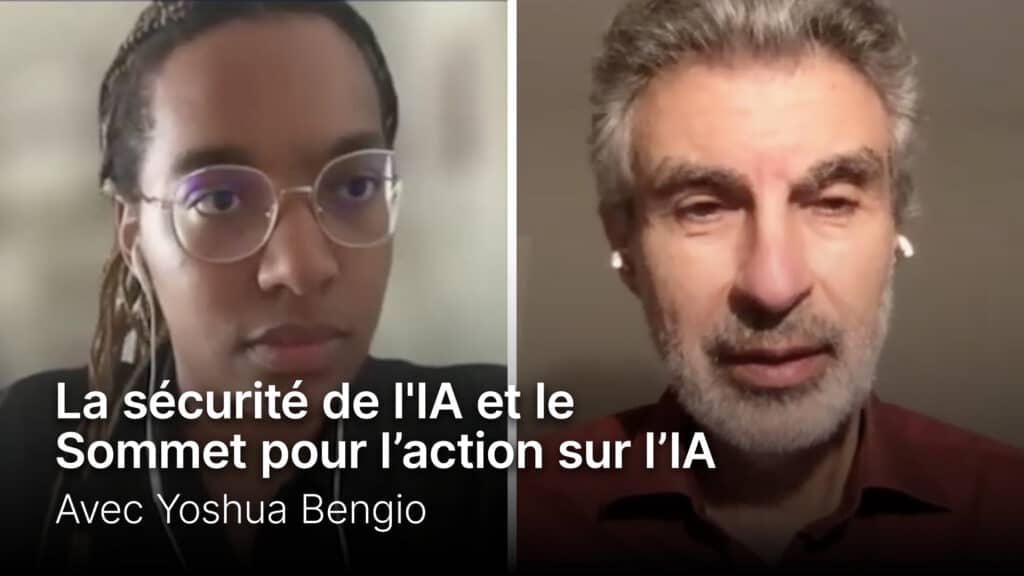
Paris AI Safety Breakfast #3: Yoshua Bengio
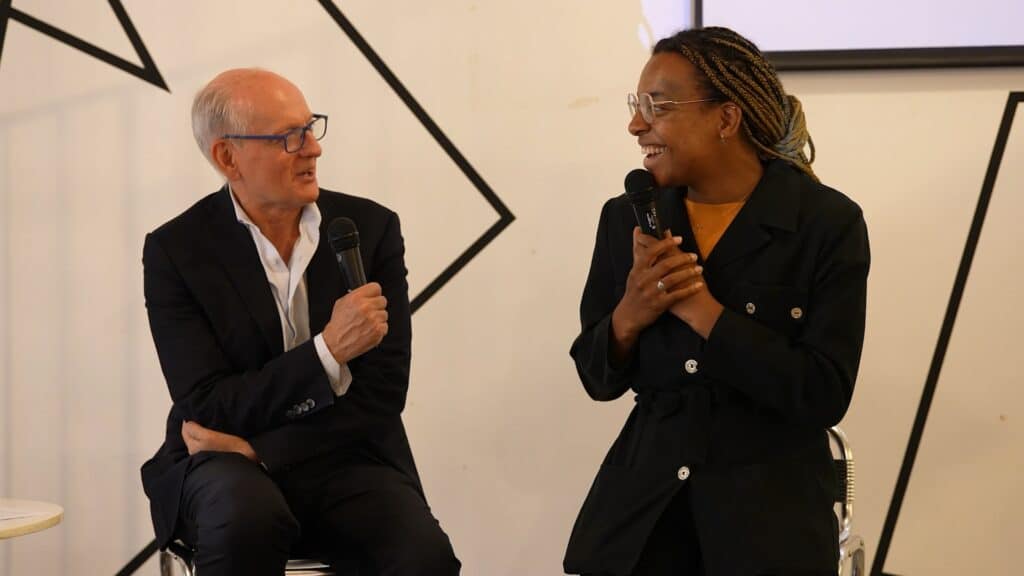
Paris AI Safety Breakfast #1: Stuart Russell

AIS Program

Augmented Intelligence Summit Speakers
Some of our events

Beneficial AGI 2019
